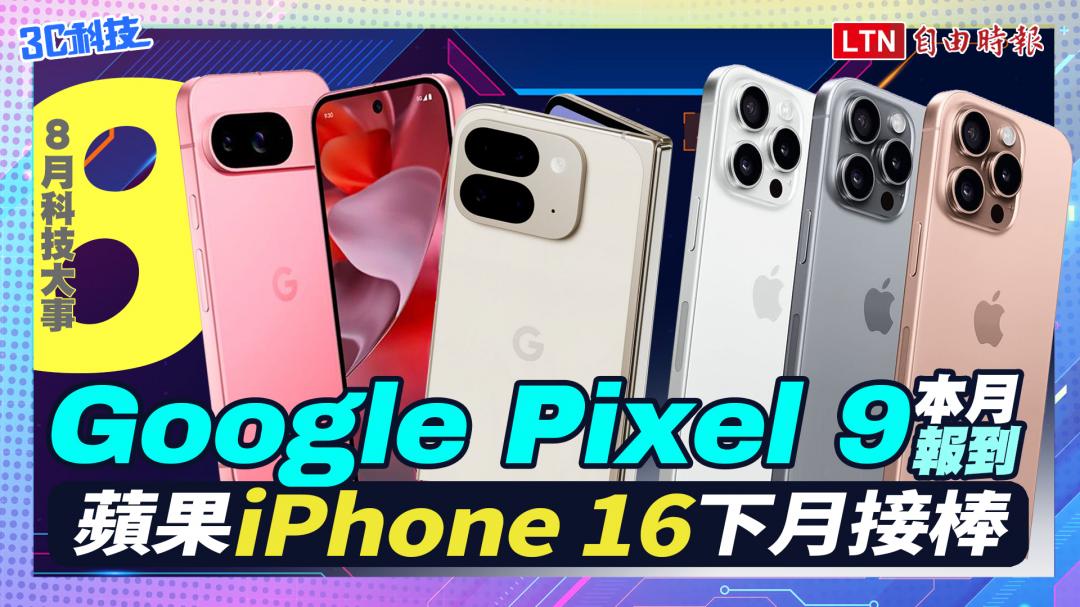Canon 公司相機收購,二手收購,收購相機,全新相機,二手相機 收購5D Mark IV,收購EOS-1D X Mark II,收購EOS M3/M10 收購canon canon 5Ds/5Ds R,,5D Mark III/6D II,7D Mark II 70D/80D,750D/760D,700D/100D 收購FUJIFILM 相機,全系列FUJIFILM 收購二手Nikon 相機,Nikon二手收購,全新Nikong買賣 D3400收購 Nikon 1 j5收購 D750 Df/D810/D610,D5/D4S,D500,D7200/D7500,D5500/D5300 OLYM
UMG, Sony, and other record labels sue Verizon for $2.6B+ over allegations of violating copyright law by continuing to serve customers accused of pirating music 公司相機收購
公司相機收購ious hotbeds for copyright infringement,” the lawsuit said.
Record labels allege that “Verizon ignored Plaintiffs’ notices and buried its head in the sand” by “continu[ing] to provide its high-speed service to thousands of known repeat infringers so it could continue to collect millions of dollars from them.” They say that “Verizon has knowingly contributed to, and reaped substantial profits from, massive copyright infringement committed by tens of thousands of its subscribers.”
The firms allege that Verizon is guilty of contributory and vicarious copyright infringement and should have to pay damages of up to $150,000 for each work infringed. Plaintiffs filed what they call a “non-exhaustive” list of infringed works that includes 17,335 titles. That would imply requested damages of over $2.6 billion.
Numerous lawsuits against ISPs
Record labels and movie studios have filed numerous copyright lawsuits against Internet providers. Perhaps the most significant ongoing case involves Cox Communications, which has been fighting a $1 billion jury verdict since 2019.
Cox received support from groups such as the Electronic Frontier Foundation, which warned that the big money judgment could cause broadband providers to disconnect people from the Internet based only on accusations of copyright infringement. The US Court of Appeals for the 4th Circuit overturned the $1 billion verdict in February 2024, rejecting 公司相機收購sony’s claim that Cox profited directly from copyright infringement committed by users of Cox’s cable broadband network.
While judges in the Cox case reversed a vicarious liability verdict, they affirmed the jury’s additional finding of willful contributory infringement and ordered a new damages trial.
Cox recently said it is seeking a Supreme Court review on the questions of “whether an Internet service provider materially contributes to copyright infringement by declining to disconnect an Internet account knowing someone is likely to use it to infringe,” and “whether a secondary infringer can be adjudged willful based merely on knowledge of another’s direct infringement.” There is a circuit split on both questions, Cox said.
4,450 notices about one IP address
In the Verizon case, record labels claim that thousands of Verizon subscribers “were the subject of 20 or more notices from Plaintiffs, and more than 500 subscribers were the subject of 100 or more notices. One particularly egregious Verizon subscriber was single-handedly the subject of 4,450 infringement notices from Plaintiffs alone.”
That Verizon subscriber’s IP address was identified in 4,450 infringement notices between March 2021 and August 2023, the lawsuit said. Two other subscribers were allegedly the subject of 2,703 and 2,068 infringement notices, respectively.
“Verizon acknowledged that it received these notices of infringement sent by Plaintiffs’ representatives,” the lawsuit said. “Yet rather than taking any steps to address its customers’ illegal use of its network, Verizon deliberately chose to ignore Plaintiffs’ notices, willfully blinding itself to that information and prioritizing its own profits over its legal obligations.”
The plaintiffs claim that “Verizon has gone out of its way not to take action against subscribers engaging in repeated copyright infringement,” and “failed to terminate or otherwise take any meaningful action against the accounts of repeat infringers of which it was aware.”
“It is well-established law that if a party materially assists someone it knows is engaging in copyright infringement, that party is fully liable for the infringement as if it had infringed directly,” the lawsuit said.
Complaint system too onerous, suit claims
The lawsuit also complains that Verizon hasn’t made it easier for copyright owners to file complaints about Internet users:
Through one channel, Verizon claims to allow copyright holders to send P2P notices through a so-called “Anti-Piracy Cooperation Program,” but it has attached such onerous conditions to participation that the program is rendered a nullity. Not only has Verizon required participants to pay burdensome fees for simple, automated processes like Internet Protocol (“IP”) address lookups and notice forwarding, but participants have been required to waive their copyright claims, broadly indemnify Verizon, and, tellingly, keep the terms of the program confidential. Verizon has also limited the number of notices it will forward pursuant to the program.
The lawsuit said Verizon also allows copyright owners to send email notices of infringement instead of using the channel described above. The email method apparently doesn’t require copyright owners to waive their copyright claims or make payments, but the lawsuit alleges that “Verizon does not forward these notices to subscribers or track the number of email notices sent regarding repeat infringing subscribers. Verizon also arbitrarily caps the number of noti
這個月最大的3C話題無疑就是Google為了迎戰蘋果,刻意將Pixel 9的發布時間提前到8月,但是這場銷售甜蜜期恐怕不會持續太久,因為iPhone 16確定9月10日登場。讓我們一起來看這個月的重要科技新聞。
● Google Pixel 9推出 摺疊手機首度登台
為了搶先蘋果,Google在這個月一口氣推出4款Pixel 9系列,包括6.3吋的9跟9 Pro,6.8吋的9 Pro XL和摺疊手機9 Pro Fold,這也是Google首度在台灣推出摺疊手機,但售價最低將近5.7萬元起跳,也考驗台灣用戶的接受度。Pixel 9系列整體主打AI功能,其中一項亮點是能用文字生成圖像。不過,跟AI功能相比,有一些用戶似乎更期待明年採用台積電處理器的下代Pixel旗艦,可能讓Google感到相當無奈。
● 蘋果、三星都沒贏 公司相機收購sony獲2024 ESIA最佳創作者手機
歐洲影音協會公布2024-2025年EISA AWARDS的得獎名單,在備受關注的行動裝置獎項中,蘋果跟三星都沒有得獎,公司相機收購sony Xperia 1 VI得到最佳創作者手機的肯定,而年度最佳手機由榮耀200 Pro奪得,不過這款手機台灣並沒有上市。在相機類別部分,今年公司相機收購sony跟Nikon成為最大贏家,Canon大吃敗戰,年度最佳相機由公司相機收購sony Alpha 9 III(簡稱A9 III)拿下,攝影玩家認為是眾望所歸。

● Google Chromecast停產 問世11年將走入歷史
Google在這個月推出了全新的4K電視盒Google TV Streamer,並宣布問世11年的Chromecast電視棒停產,現有庫存售完為止,消息一出,引發網友搶購潮。新款電視盒雖然大幅升級硬體規格,但售價也上調至100美元(約台幣3,200元),以美國價格比較,等於比舊款貴了一倍之多。新電視盒在台灣還沒上市,但是Chromecast在官網上已經顯示缺貨,如果其他通路還有庫存的話,建議大家趕快買起來。
公司相機收購 公司相機收購
